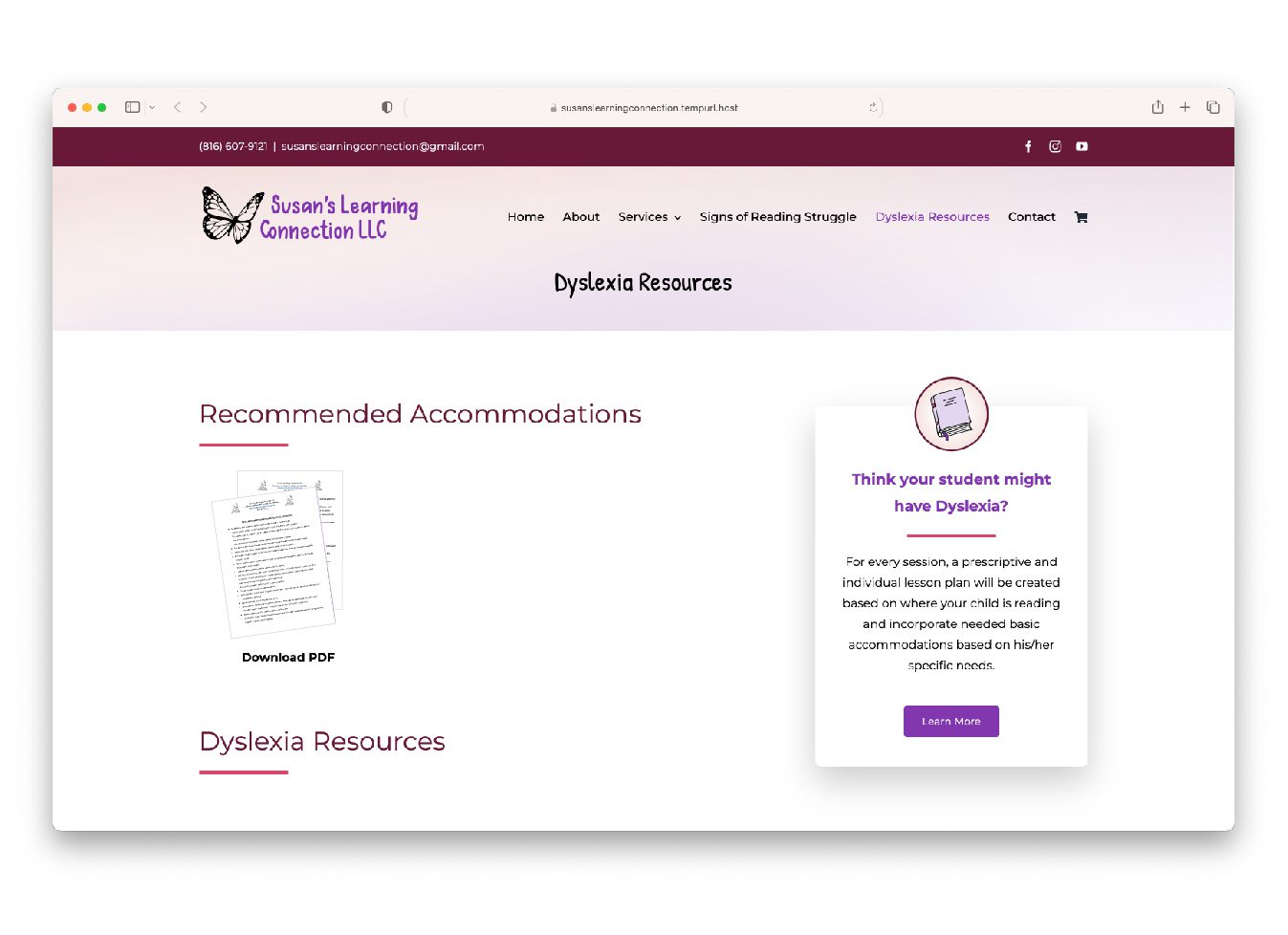Reading does not get better with time…
Children do not need to be older, they need appropriate explicit instruction in how the rules and patterns of our language help us read.
Signs that they may exhibit a reading disability and possibly dyslexia:
- Slow, laborious, inaccurate reading
- Terrible spelling
- Letter and number reversals
(past 1st grade) - Guesses words
- Handwriting that is difficult to read (dysgraphia)
- Struggles to learn cursive
- Skips prepositions
- Cannot sound out words he/she does not know
- Difficulty rhyming
- Cannot remember sight words
- Difficulty following directions
- Directionality difficulties – left/right, beginning/middle/end, before/after
- Difficulty with organization
(and time management) - Struggles to find the correct word to use
- Trouble with math and memorization that goes with it
- Does not want to go to school and often pretends to be sick
- A close relative with dyslexia
- Slow, laborious, inaccurate reading
- Terrible spelling
- Letter and number reversals
(past 1st grade) - Guesses words
- Handwriting that is difficult to read (dysgraphia)
- Struggles to learn cursive
- Skips prepositions
- Cannot sound out words he/she does not know
- Difficulty rhyming
- Cannot remember sight words
- Difficulty following directions
- Directionality difficulties – left/right, beginning/middle/end, before/after
- Difficulty with organization
(and time management) - Struggles to find the correct word to use
- Trouble with math and memorization that goes with it
- Does not want to go to school and often pretends to be sick
- A close relative with dyslexia
Dyslexiada.com
“Dyslexia is a specific learning disability that is neurobiological in origin. It is characterized by difficulties with accurate and/or fluent word recognition and by poor spelling and decoding abilities. These difficulties typically result from a deficit in the phonological component of language that is often unexpected in relation to other cognitive abilities and the provision of effective classroom instruction. Secondary problems may include problems in reading comprehension and reduced reading experience that can impede growth of vocabulary and background knowledge.”




